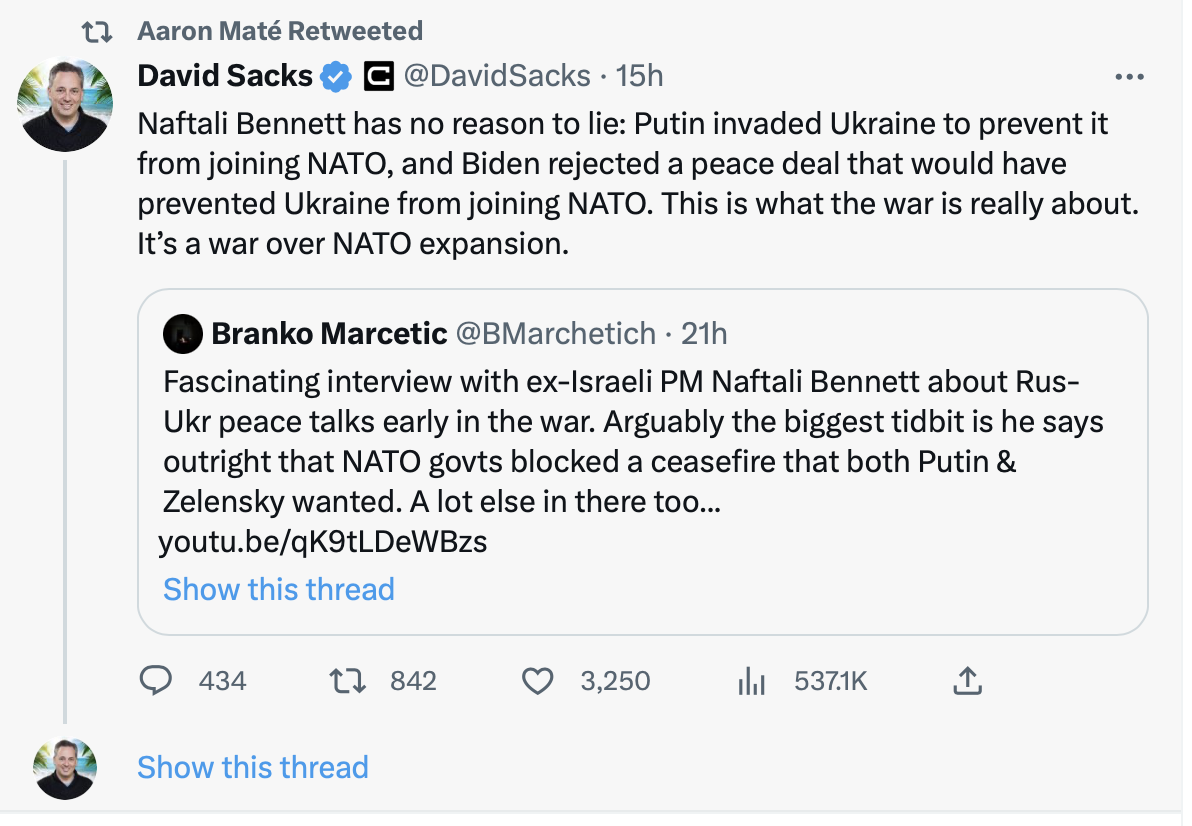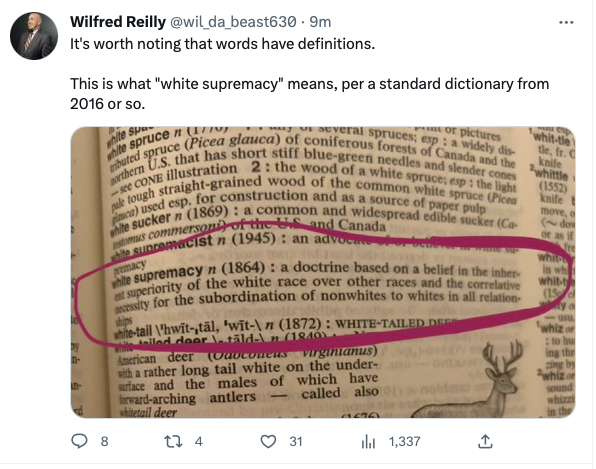Action in the Absence of Evidence: The Case of Compelled Masking and COVID
The Cochrane Review recently declared that there is no evidence supporting the use of masks to prevent COVID. Dr. Vinay Prasad took that Review seriously and uses this finding as an example of a commonly occurring dysfunction in modern public health:
In medicine, when we give therapies without RCT support, at least we know our limitations. We spend time with patients counseling them about the pros and cons. We don’t straight up lie to patients, and say this drug will lower your risk of death 85% (without good data that is true). Kiss them on the forehead and say “shhhh question time is over”, “why don’t you trust me. TrUSt DoCTorS. We don’t want the mis-information police to come get you.”No, we are honest about what we don’t know. And furthermore, as much as possible, we design and conduct RCTs to reduce our uncertainty. Some of us are more conservative than others, and refrain, in so far as is possible, from prescribing unproven costly drug combinations knowing the unknown risks may exceed unknown benefits. But even the most exuberant prescribers tell patients, “I gotta be honest with you, I don’t know for sure this will work”
And yet, public health is actively engaged in a campaign of lies. Cochrane reviewed masking RCTs and it is profoundly negative. In response has been a steady stream of excuses that frankly are inconsistent with how we interpret evidence.
In Public Health, the US government (CDC and NIAID) and WHO literally ran ZERO trials of community masking— for 3 years— while recommending it AGAINST pre-pandemic guidance based on NO NEW data, and then incorporated it into future guidelines. All they while they denied the data from dozens of RCTs. If you did that to a patient, they would remove your license.
Furthermore, if anything, Public Health has a greater obligation to generate data than the cancer doctor. Our interventions are done with the consent of the person, often someone dying. Each day, they feel their body weaken. Our patients are willing to take risks, after all they know what happens if you do nothing.
Public health is for average people. Many are healthy. We impose upon these people and promise them we can make them better off. We need the very best evidence before boosting a 20 year old man who had 3 doses and covid twice, and yet we get worse evidence than a drug for a terminally ill penta-refractory cancer patient. It’s entirely backwards.


